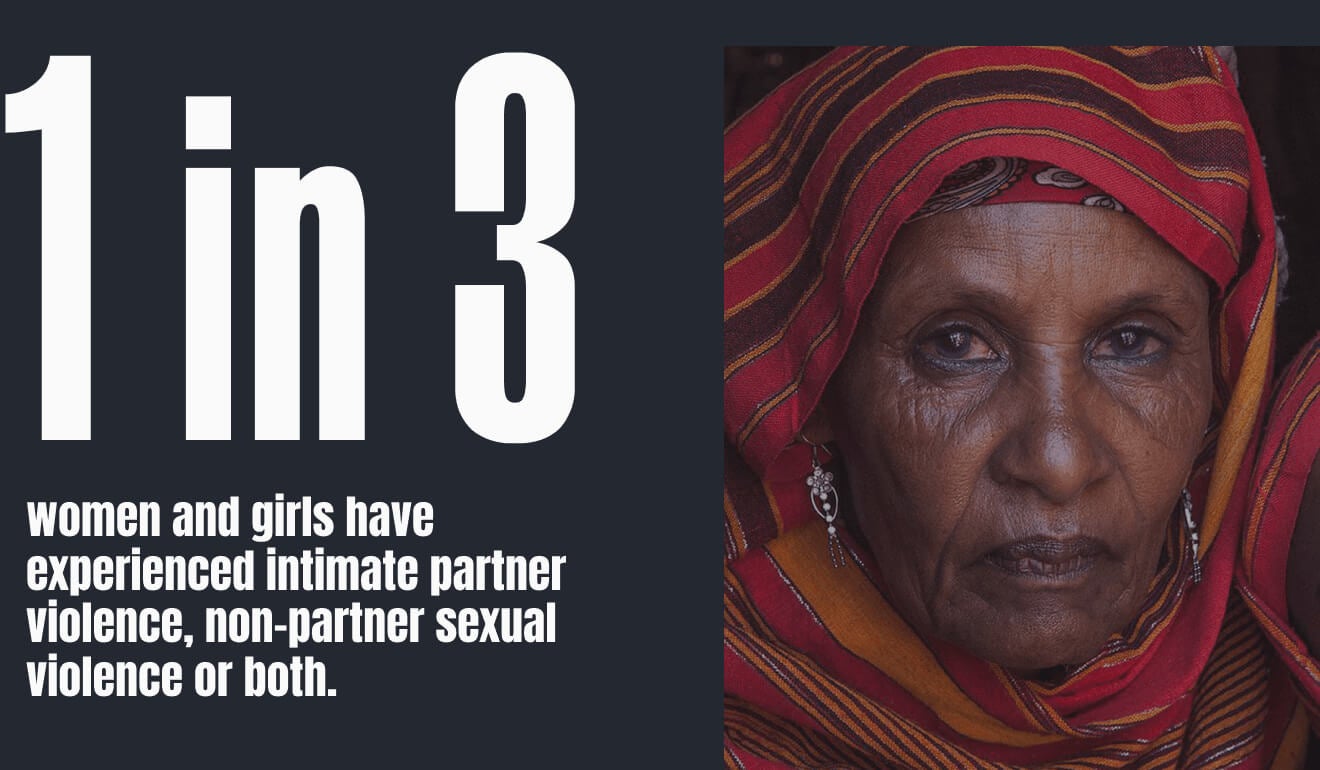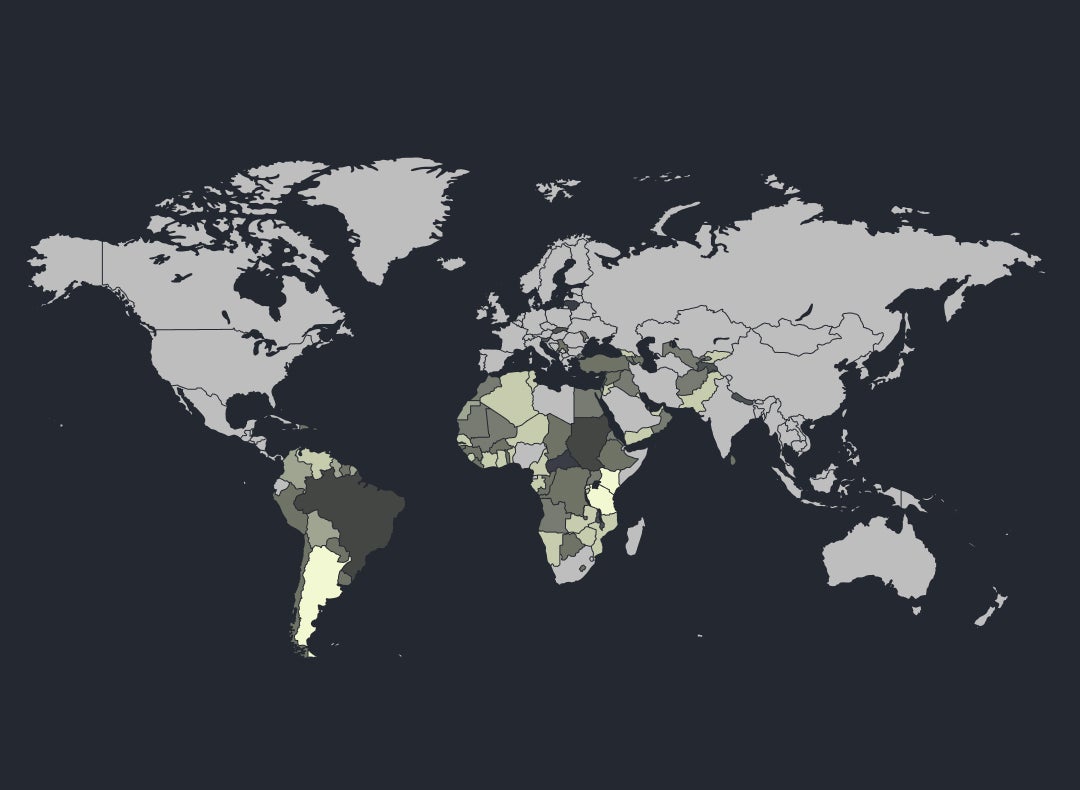DATA
SOURCES
Data insights are based on population-based household surveys representative at the national and/or sub-national levels.
Tajikistan
0%
of women and girls have experienced intimate partner violence
Intimate partner violence is abusive or coercive behaviour – including physical, sexual, psychological and economic abuse – by a current or ex-partner.
How it’s measured: Proportion of ever-partnered women and girls aged 15-49 years subjected to physical and/or sexual violence by a current or former intimate partner in the previous 12 months. (SDG indicator 5.2.1)
Source: All Surveys and studies that are population-based representative at the national or sub-national level conducted between 2000 and 2018 and measured IPV using act-specific questions. (2000-2018)
0%
of girls and women have experienced child marriage
Child marriage is defined as marriage or union before age 18. Girls from poor households, marginalized communities or rural areas are at greatest risk.
How it’s measured: Proportion of women aged 20-24 years who were married or in a union before age 15 and before age 18. (SDG indicator 5.3.1)
Source: DHS. (2015-2016)
engagement
Global programmes enable UNFPA and other United Nations entities to pool their expertise and resources to achieve maximum impact in the fight against gender-based violence and harmful practices.
© UNFPA
Essential services for women and girls subject to violence

An initiative of UNFPA, UN Women, WHO, UNDP and UNODC, aiming to bridge the gap between international commitments to end and respond to gender-based violence and actual implementation at the country level. Promotes the Essential Services Package – a guidance tool for identifying and coordinating services for all survivors of gender-based violence, including through the health, social services, police and justice sectors.
© UNFPA Somalia
Eliminate female genital mutilation

The largest global programme to accelerate the elimination of female genital mutilation (FGM). Works in 17 high-prevalence countries to support protection and care services for women and girls, engage communities to accelerate abandonment of FGM, strengthen legal and policy frameworks, and ensure national ownership of the endeavour to end FGM.
Partnership is central to the movement to end gender-based violence and harmful practices. In Tajikistan, UNFPA works together with stakeholders from every sphere of society, at the local, national, regional and global levels, including movements for human rights and social justice.
engagement



